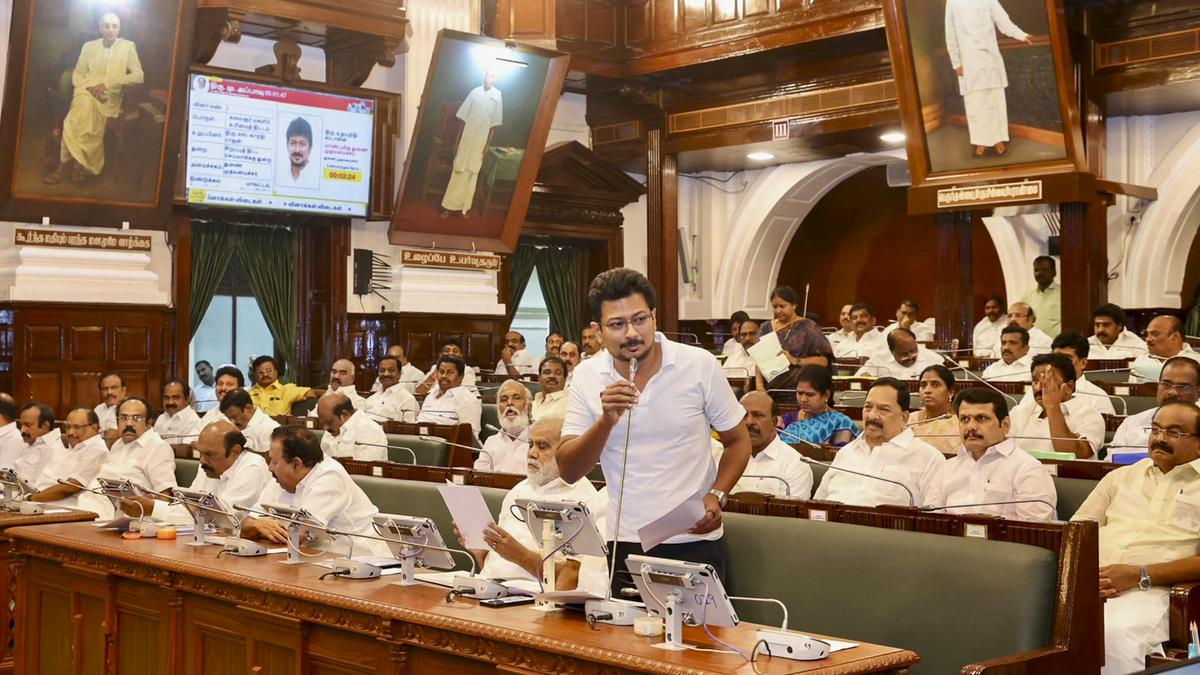
T.N. govt. to include as many women as possible in monthly aid programme: Udhayanidhi
The Hindu
The Tamil Nadu government is taking steps to include as many women as possible, who qualify the norms, in the Kalaignar Magalir Urimai Thittam or the monthly aid programme, Deputy Chief Minister Udhayanidhi Stalin said in the Assembly on Wednesday (January 8, 2025).
The Tamil Nadu government is taking steps to include as many women as possible, who qualify the norms, in the Kalaignar Magalir Urimai Thittam or the monthly aid programme, Deputy Chief Minister Udhayanidhi Stalin said in the Assembly on Wednesday (January 8, 2025).
Responding to a query by S. Gandhi Rajan (Vedasandur) during the question hour, Mr. Udhayanidhi said the Special Programmes Implementation department had received 1,63,57,195 applications for the programme, and of them, 70% — or 1,06,52,198 applications — were accepted. The programme was eventually rolled out.
Of the applications rejected, over nine lakh applications were received again. As of December 15 last year, 1,14,65,525 women received the monthly aid of ₹1,000, the Deputy CM said.





















 Run 3 Space | Play Space Running Game
Run 3 Space | Play Space Running Game Traffic Jam 3D | Online Racing Game
Traffic Jam 3D | Online Racing Game Duck Hunt | Play Old Classic Game
Duck Hunt | Play Old Classic Game











